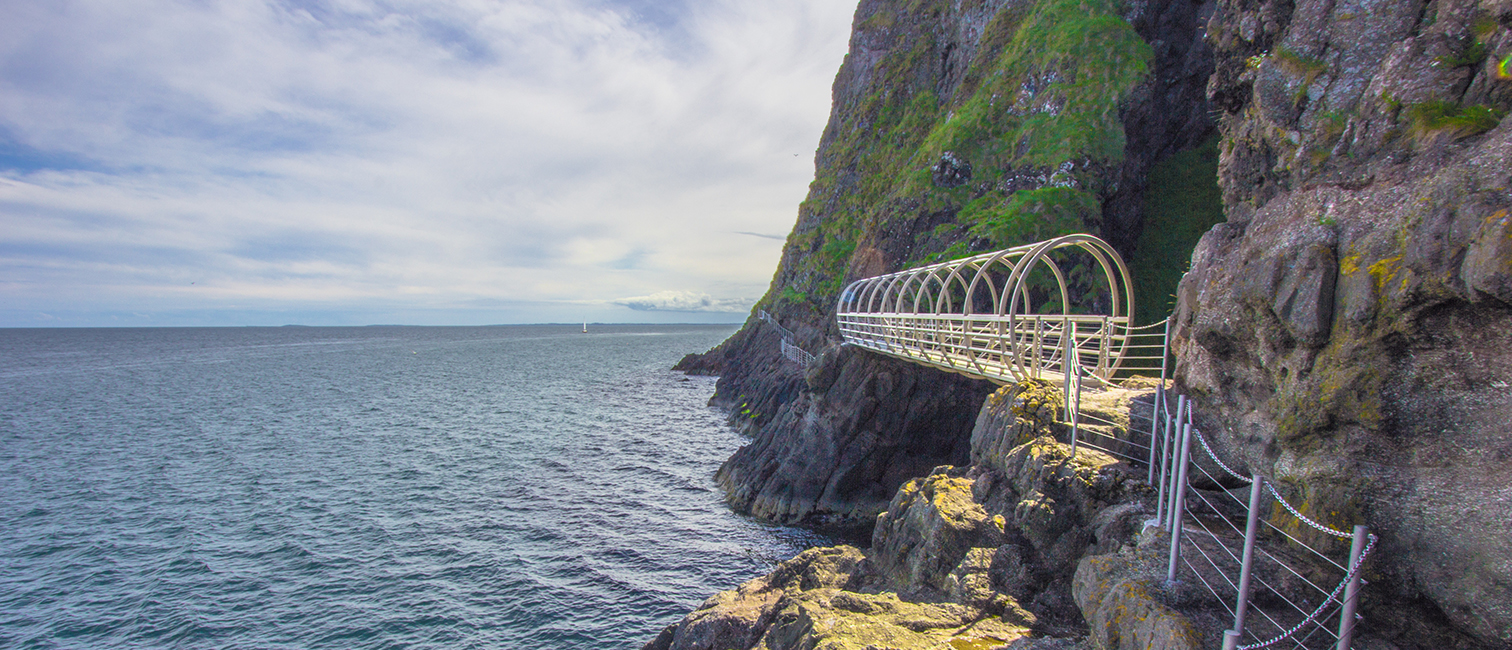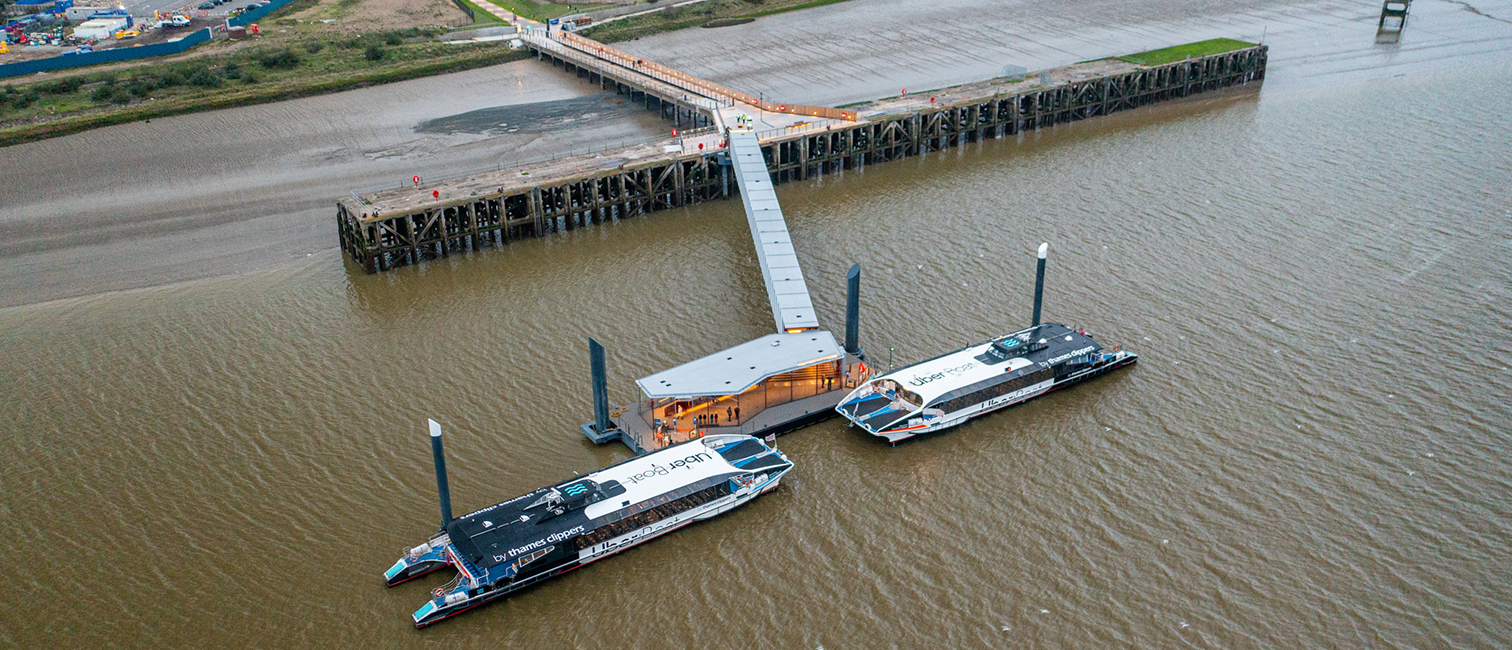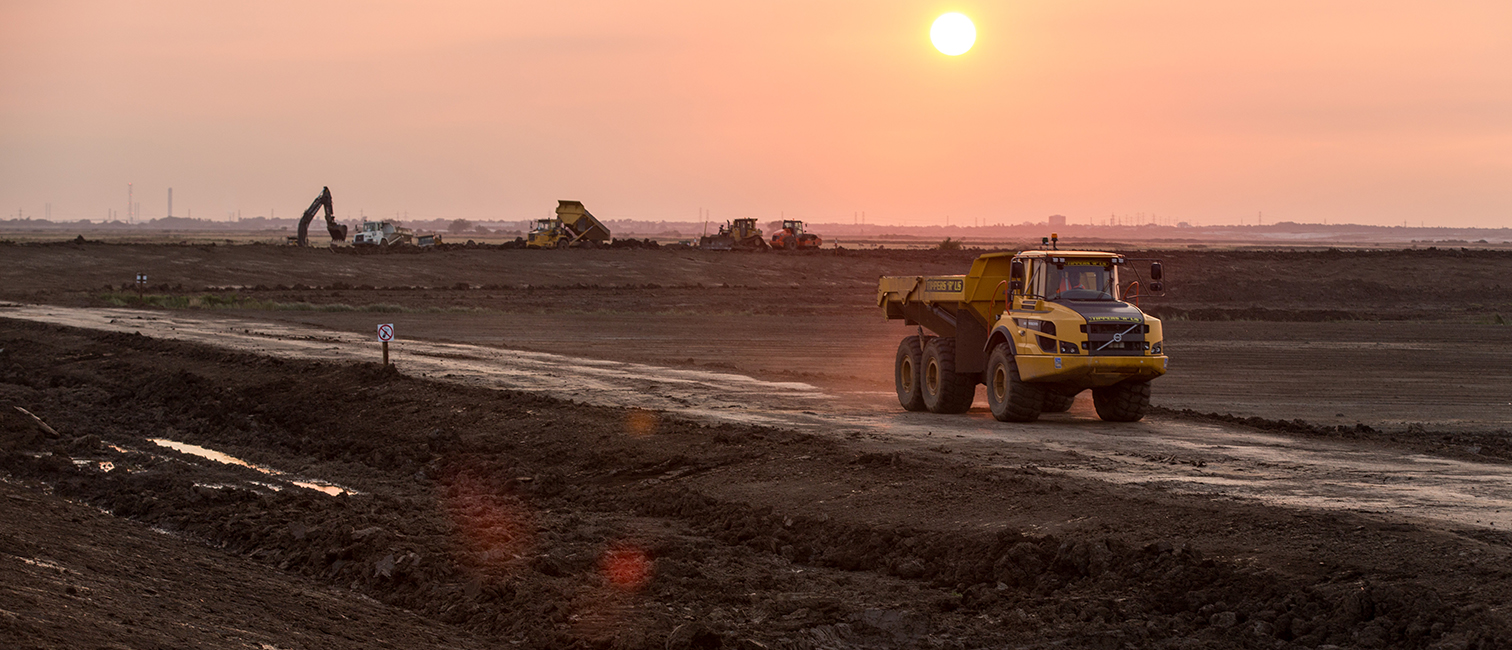
The original The Gobbins coastal path ran along the base of the cliffs of the scenic Antrim coast
The path opened in 1901 and became a major attraction, with a series of bridges, caverns, and winding paths carved into the rock. Two key landmark bridges were the tubular hoop bridge and the Gordon’s Leap suspension bridge.
Due to the railways’ financial position in the 1930s, the Gobbins became increasingly difficult to maintain and fell into a state of disrepair. This was made worse during WW2 when the bridges were all painted black (originally white) to avoid them becoming a marker for German bombing raids.
Post-war, the path briefly reopened but was finally closed in 1951. It continued to decay for the next 60 years, with little of the original path remaining.
The reconstruction project consisted of designing and building a series of twenty-three footbridges and cantilevered walkways, forming a 1km long pathway along the base of the 60m high cliff spanning between rock outcrops over the sea.
It follows the original route, utilising the same steps and pathways where possible, with upgraded handrailing and minor repairs where necessary. The iconic bridges have been reconstructed to match the originals.
The project created significant design, H&S, and construction challenges, including working at the base of a 60m high cliff with very limited access and exposure to extreme weather. Therefore, it required a different approach than most other construction projects.


